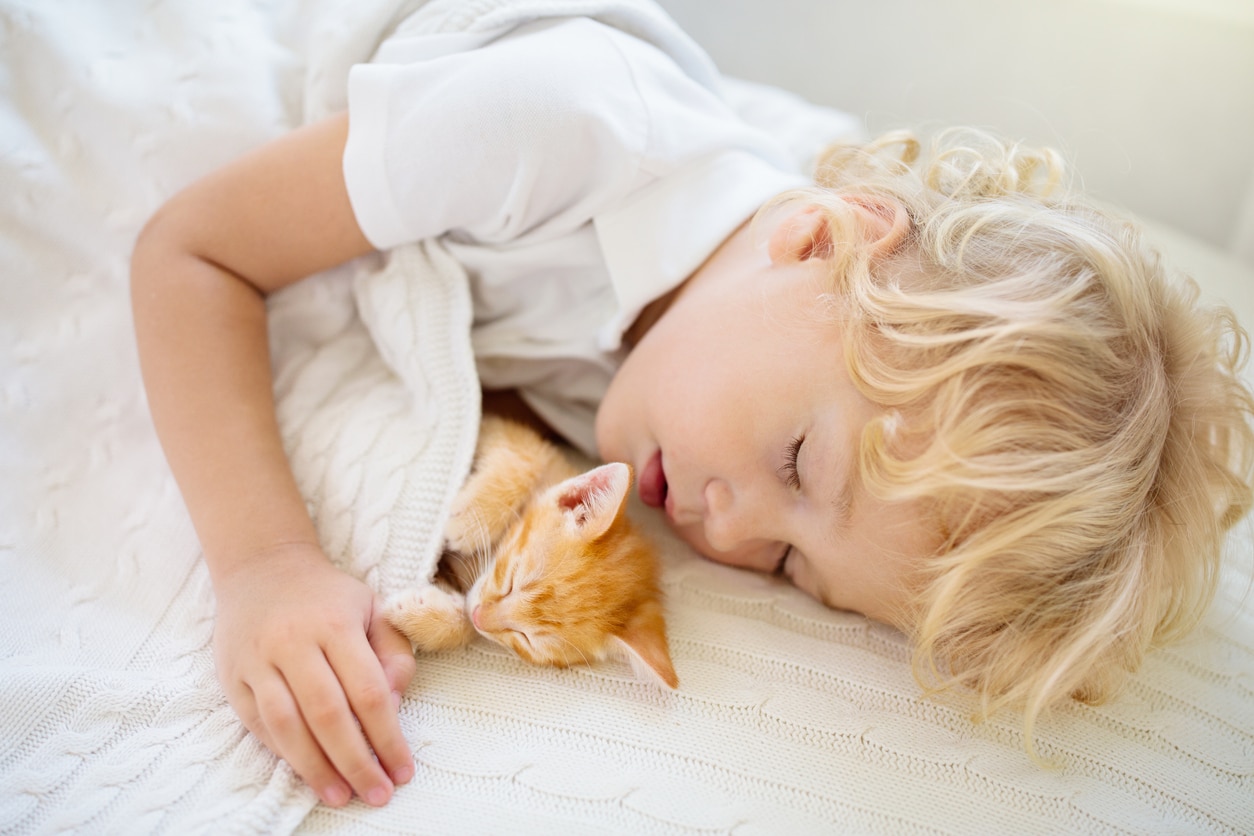
Scientific research shows there’s a definite link between sleep temperature and sleep quality. The temperature of the bedroom where you sleep will not only influence how quickly you fall asleep, it also has a direct correlation to how soundly you sleep and how refreshed you feel the next morning.
You don’t need scientific research to know how an overly hot or cold bedroom makes sound sleep difficult. But what does the science say about the optimum thermostat setting during sleep in winter? Read on to learn what the experts recommend for a good night’s slumber during the cold season.
Your Body Temperature
Your body temperature follows a predictable curve while you’re asleep. Starting out at 98.6 degrees, the temperature gradually declines after you doze off. As the sleep cycle deepens and your metabolism slows, body temperatures may fluctuate as much as 2 degrees. By the early a.m., body temperature reaches its lowest point.
The Room Temperature
The ideal sleep temperature is generally slightly below the recommended thermostat setting for the whole house during waking hours.
- For healthy adults to have the best sleeping environment, sleep experts typically recommend an overnight thermostat setting not lower than 60 degrees nor above 65 degrees.
- If temperatures in the recommended range feel overly cool, adults are advised to add extra layers such as thicker pajamas and blankets to stay comfortable, as opposed to setting a higher thermostat temperature.
- If adults can’t remain comfortable in the 60-to-65-degree range, a higher thermostat setting may be necessary. However, it’s important to note that studies show a correlation between bedroom temperatures higher than 72 degrees and restless sleep and/or insomnia.
- Infants and young children need a bit more warmth for snoozing. Most pediatricians recommend a sleep temperature range of 65 to 70 degrees for babies and toddlers.
- Regular maintenance tune ups by a qualified HVAC technician includes a check of thermostat accuracy to ensure that the programmed temperature setting and actual room temperature coincide.
For all your home comfort needs, talk to the HVAC professionals at Jackson & Sons.

